Yearly Oscars Fiasco
This year’s Oscar nominations were surprising, prompting a question on fairness.
January 30, 2023
The Oscars have a rule: no ceremony without a little controversy.
The year 2022 was, upon close inspection, a good year for movies. While many blockbusters conquered the box office, (see Avatar and Top Gun: Maverick) more independent and revolutionary movies were also released and got their praise (prime example: Everything Everywhere All At Once.) Yet, the governing body over film, the Academy, garnered chaos and criticism on the topic of fairness with the nominations announced past Jan. 24.
By questioning the good and bad of the Oscars we inevitably fall on the topic of whether art is made for consumption, and in turn, judgment. Does one make a movie with the sole goal of winning an Oscar? What is the meaning of winning a golden statuette nowadays, that the “award ceremony” is in a self-caused decaying form? Last year, the Golden Globes, amidst controversy, were neither hosted nor televised. This prompted the winners being announced on social media platforms like Instagram. Ever since the COVID-19 pandemic, the media has questioned the importance of these exclusive ceremonies. Before, it was because of the health risk associated, but more so now that it’s been proved we can do well without them.
With award ceremonies teetering on the edge of relevance, the nominations seem to be a hidden attempt to gain some headlines back. Once announced, critics were apt to find several snubs and surprises. Horror remained relentlessly ignored: nothing for Jordan Peele’s “Nope,” with outstanding performances by Keke Palmer and Daniel Kaluuya, nothing for Mia Goth in “Pearl.” On international films, “Decision to Leave,” which won director Park Chan-wook the title of Best Director in Cannes and was nominated to compete for the Palme d’Or, was swept under the rug by the Academy. While these omissions are disheartening, they are very telling of what the Oscars choose to elevate.
However, the biggest shock was in the coveted category of Best Actress in a Leading Role. Actresses Michelle Yeoh, Cate Blanchett and Michelle Williams were front-runners in the race, and were nominated throughout the preceding award circle. Their names were expected. Other certain picks were both Viola Davis (The Woman King) and Danielle Deadwyler (Till.) Neither was picked.
Instead, the remaining spots were given to Ana de Armas (Blonde) and to the internet’s shock: Andrea Riseborough (To Leslie.) But the latter was not a complete surprise per se, if one had been following social media timelines of certain actresses who were in fact promoting and campaigning for Riseborough’s nomination for the past few weeks before the impending nominations announcement.
The nomination prompted a question on fairness. What’s more, it showed the general public a hard truth: with enough money and connections, all the historical snubs could have been honored at some point. “To Leslie” is an indie film with a budget of less than 1 million dollars, which generated a stark $27,332 in the box office. Simply put, it was not a strong adversary compared to the other nominee’s productions.
However, it had a strong marketing strategy that defied standard procedures. Michael Morris, the director, alongside his wife, actress Mary McCormack, organized a campaign backed by other celebrities to catapult Riseborough into the ballots. Publicists were hired, special screenings were hosted and famous actors’ support were ensured. The controversy generated so much talk that the Academy had to release a statement – albeit without explicitly mentioning the film or the actress – stating:
“It is the (our) goal to ensure that the Awards competition is conducted in a fair and ethical manner, and we are committed to ensuring an inclusive awards process.to ensure that the Awards competition is conducted in a fair and ethical manner.”
Whether this surprise nomination was fair, or not, remains under investigation. Yet, what also remains true is that, according to official guidelines, directly and personally lobbying voters is prohibited, as the Academy states individuals are banned from giving “their personal signature, personal regards, or pleas to watch the film.”
On the other hand, this demonstrates that indie films and actors can be recognized, and the nominations aren’t exclusively monopolized by big studios and stars. Within that, however, is another truth: Not all indie films and actors have the means, whether they be social or economic, to generate a campaign as successful as Rinsborough’s. In the end then, it is not an even playing field.
The Oscars are well-known for their controversies (Last year’s Will Smith slap and 2017’s iconic La La Land-Moonlight mix-up,) with each one seemingly unmasking truth after truth and causing question after question about the movie industry. Maybe this year’s Best Actress case wouldn’t be so insulting and met with such hate if other stellar performances of two women of color (Davis and Deadwyler) were ignored to make space for that of a white woman. Yet, there are other factors that come into play here other than a race bias that the Academy has so long been accused of imposing.
An update and change of the current Best Actress nominees would be welcome, but should not be expected. For now, fairness remains a muddy topic, at least to the Academy. What the Oscars do best is cause conversation, more so than honoring rightful artists. Perhaps we are one step closer to deciding once and for all whether to discard the “Awards Ceremony Industrial Complex.” Not only that, but to acknowledge and revamp the guidelines on campaigning so as to (fairly) include more diverse, independent films and not just the few resourceful chosen ones. Now, the last thing left to do is see what happens at the 95th Academy Awards, which will be presented on March 12th.










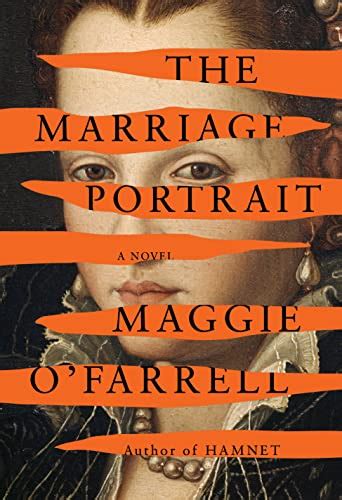
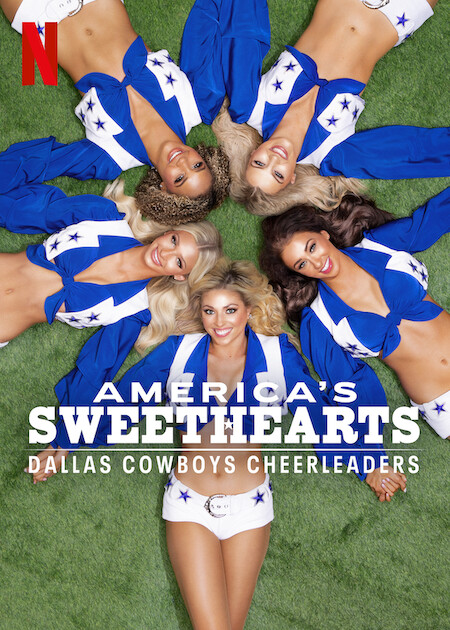
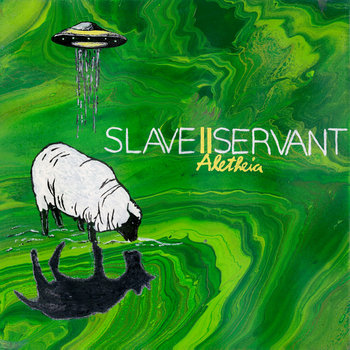


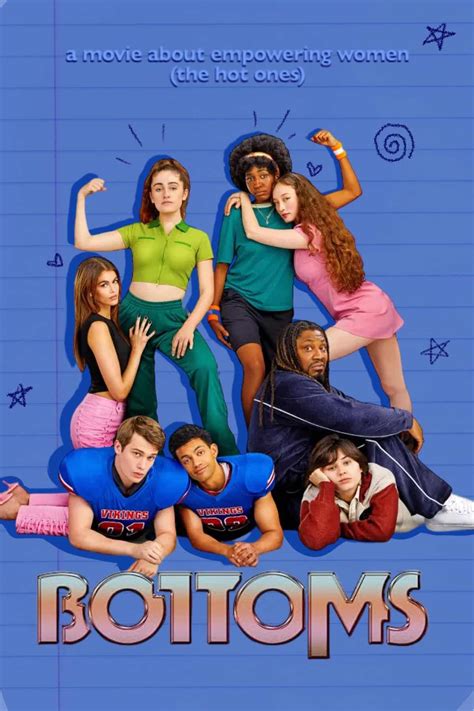


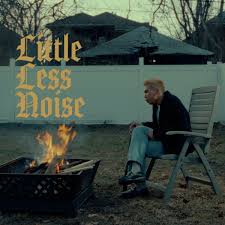

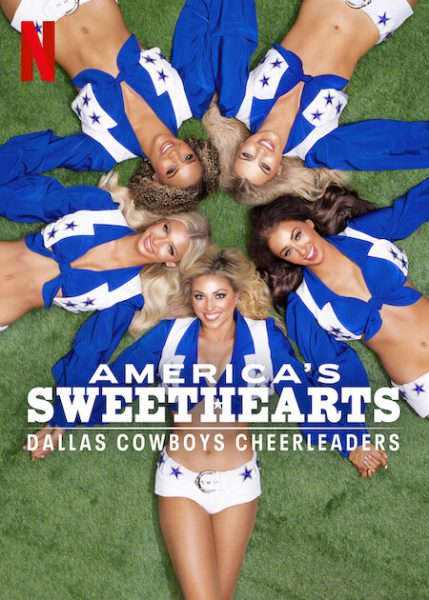
Berobero • Feb 1, 2023 at 5:58 pm
Soy fan de lo que (y cómo) escribes, aunque no sepa mucho del tema
Interesting read, Mariana!
Mariana Quezada • Feb 7, 2023 at 6:54 pm
recién veo esto, gracias 🙂 thank you!